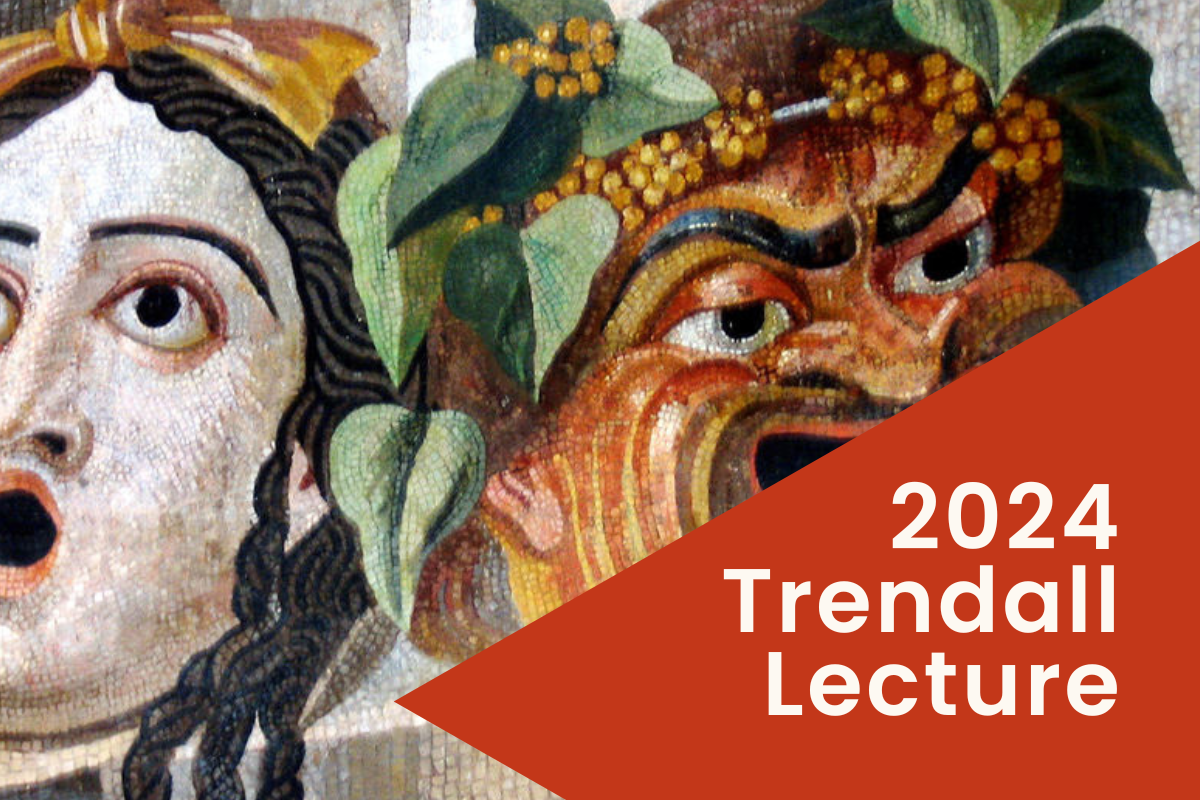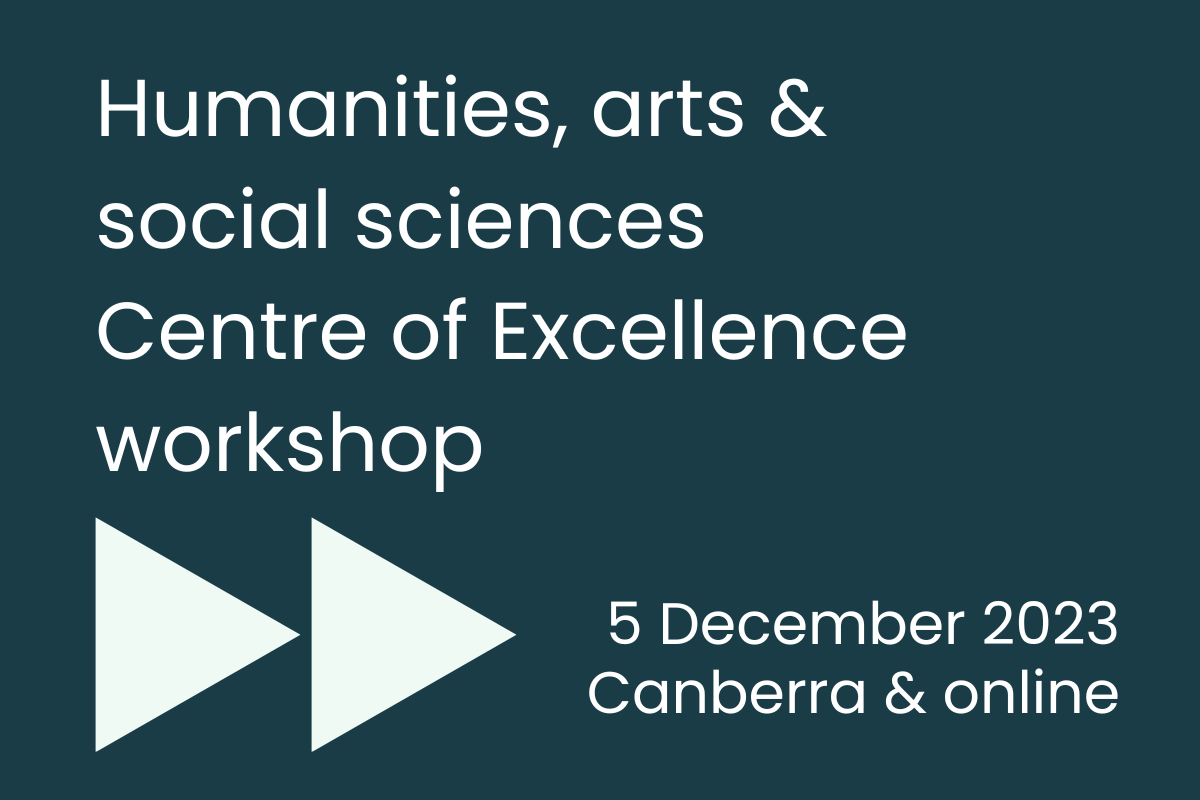Event details
When: 12.10-1.30pm, Friday 17 November 2023.
Where: Kaleide RMIT Union Theatre Foyer
In a panel chaired by Professor Mark Andrejevic FAHA and featuring Distinguished Professor Emerita Maggie Walter FASSA, Professor Leanne Wiseman and Dr Jake Goldenfein we will explore:
AI and Indigenous Data Sovereignty
Artificial intelligence is a rapidly growing, increasingly pervasive feature of societal functioning and, now, a part of Aboriginal and Torres Strait Islander People’s everyday lives. Advocates highlight the benefits and economic value that AI innovation can bring. Yet, while AI technologies can produce positive outcomes the marginalised social, cultural and political location of Indigenous Peoples suggest we will not share equally in these. The considerable risks embedded in the ubiquity of AI i.e., bias, stigma and accountabilities are also unevenly distributed. In this presentation Distinguished Professor Emerita Maggie Walter discusses the likely uncharted negative consequences of AI for Indigenous Peoples and how Indigenous data sovereignty can mediate harmful outcome risks while providing pathways to collective benefits.
What do we really own? The data erosion of ownership
Since the rise of embedded software in the many ‘smart’ devices and machines that we now use, there has been an important but hidden shift in the relationship that we, as machine owners and users, have with the manufacturers of our devices, and therefore the devices themselves. Intellectual property rights play a critical role here. In this paper, Professor Leanne Wiseman discusses how cars have become a key example of the ways in which IP rights now control our capacity to repair, modify, transform, or reject the equipment we purchase. A myriad of complex data licences and controls are silently eroding our traditional ideas of ownership — and this is a problem that extends beyond cars and carmakers across the digital economy, to agricultural and industrial machinery, assistive technologies and medical devices.
Lost in the Loop – Who is the Human of the Human in the Loop?
Human oversight is an intuitive idea for governing AI and automated decision-making. A human in the loop or a right to human review has become a common sight in ethical frameworks and regulatory proposals. But while this idea has been central in the design and operation of industrial control systems for decades, it has only recently been transplanted for automated decision-making. In the domain of legal decision-making there is very little empirical research suggesting that human oversight generates better decision outcomes, and there are few standards to measure its effects. This means introducing human oversight for automated systems is risky and premised on unstable assumptions. In this talk Dr Jake Goldenfein identifies the different anxieties produced by automation, and how, responding to different political and economic imperatives, the human is configured, reconfigured, and operationalised as an entity capable of exercising meaningful control.





